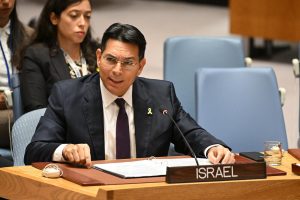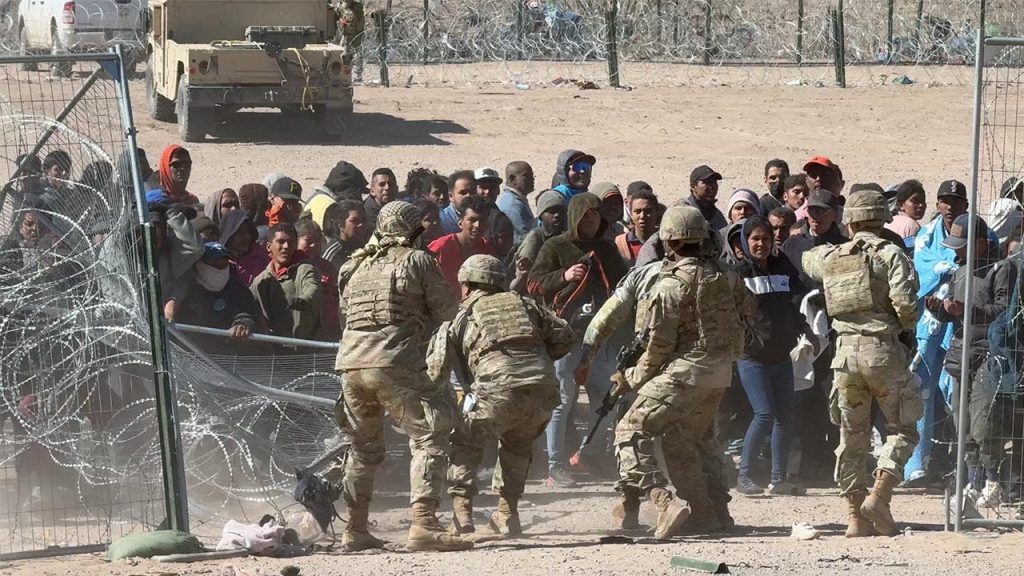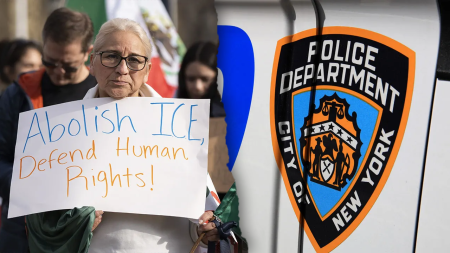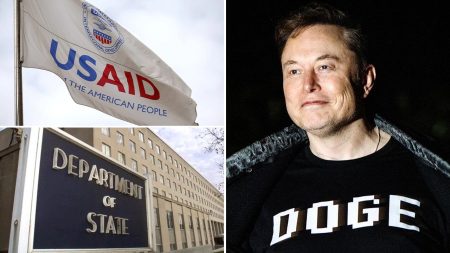The Tren de Aragua (TdA), a notorious criminal organization originating in a Venezuelan prison, has expanded its reach across Latin America and into over 30 major U.S. cities, raising alarms about its potential for widespread violence and disruption. José Gustavo Arocha, a former Venezuelan military officer who sought refuge in the United States, contends that TdA is not merely a criminal enterprise but a tool wielded by the Venezuelan government under Nicolás Maduro to destabilize societies and exert influence. Arocha asserts that Maduro’s regime, through its counterintelligence agency, DGCIM, has fostered and directed TdA’s growth, using it as a form of asymmetrical warfare while maintaining plausible deniability.
The group’s very name, “Train from Aragua,” suggests a deliberate strategy of disseminating its criminal ideology and operations. Arocha argues that TdA’s activities have already contributed to crime waves and instability in neighboring countries, potentially influencing political landscapes in favor of regimes aligned with Maduro’s socialist ideology. The influx of Venezuelan migrants into the United States, exacerbated by the ongoing migrant crisis, presents a fertile ground for TdA’s expansion, according to Arocha. He views the large migrant population as a network through which TdA can spread its influence, comparing its dissemination to a virus.
Arocha claims that the Maduro regime has strategically exploited the migrant crisis, facilitated by policies like the temporary lifting of oil sanctions, to establish roots within the United States. The busing of migrants to various states, intended to alleviate border strain, has inadvertently aided TdA’s dispersion across the country. The organization’s violent activities, including a high-profile murder in Georgia and the forceful takeover of an apartment building in Colorado, underscore the escalating threat it poses.
Arocha dismisses portrayals of TdA as a conventional gang, emphasizing its strategic training and enablement by the Venezuelan government and its intelligence apparatus. He believes the organization’s purpose extends beyond mere criminal activity to include a broader agenda of destabilization and the advancement of a specific political ideology. This makes TdA a unique threat, distinct from typical criminal gangs, requiring a comprehensive approach beyond conventional law enforcement strategies.
Addressing this complex threat, according to Arocha, necessitates tackling the root cause, which he identifies as the Maduro regime itself. He argues that merely deporting TdA members will not suffice; the organization will simply regenerate unless the underlying conditions that allow it to thrive are addressed. He emphasizes the importance of containing Maduro’s power and influence as a critical step in dismantling TdA. This entails cutting off Maduro’s access to resources, particularly oil revenues, which Arocha believes fuel the regime’s ability to support and direct TdA’s operations.
Arocha urges prioritizing the dismantling of TdA as a day-one objective, emphasizing the need for a multi-faceted approach that goes beyond border security measures. He stresses that while border control is crucial, it won’t eradicate the threat if the Maduro regime remains empowered. The symbiotic relationship between Maduro and TdA, as described by Arocha, requires a strategic response that targets the regime’s ability to finance and direct the organization’s operations, both within and outside of Venezuela. This, he argues, is the only way to effectively combat the growing threat posed by TdA and prevent its continued expansion within the United States.










